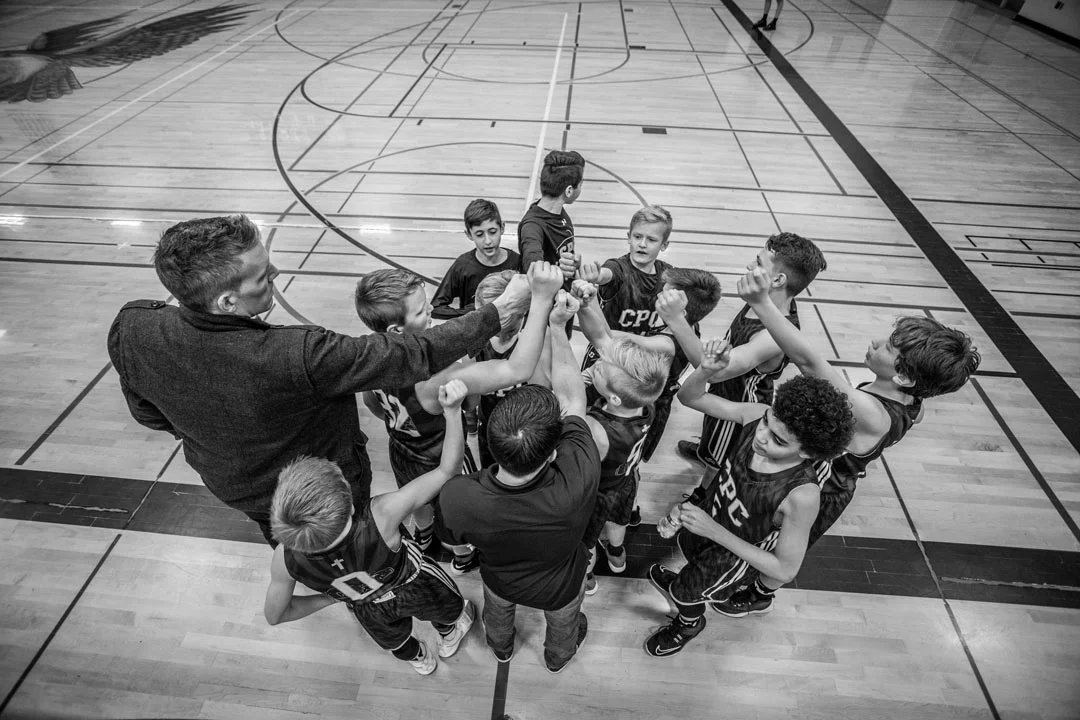The positive effects of mindfulness for athletes are well documented, but its impact on coaches and parents of athletes has been less explored. That being said, there are several studies that suggest mindfulness could have profound results for these individuals.
While they may be standing on the sidelines or sitting in the bleachers, the pressure of competition gets to coaches and parents too. To understand how to bring out the best in yourself, your players, and your children, read on to learn about how you can integrate mindfulness into your life.
Make Mindfulness a Part of Your Practice
While we hone our physical game, our mental game gets little attention. So, when it comes time to navigate moments of pressure, stress, and/or frustration, we fold like a poker player with a bad hand. However, if you practice mindfulness, you'll be better able to navigate turbulent times.
Will it eliminate all of your stress? No.
Will it kill the pain of watching your team or child lose a game? Not entirely.
Will it make you better equipped to handle these moments appropriately? Absolutely.
Remember that mindfulness is referred to as a “practice” for a reason, and coaches and parents should treat it as such. Just like a sport or skill, the more you practice it, the better you’ll be. Over time, practicing mindfulness will help you:
Foster a supportive team culture
Minimize fear of failure
Inspire better team performance
Lower student stress and anxiety
Improve student concentration and focus
Reduce on-field outbursts
Recognize Your Triggers
Kids emulate adult behavior, so it’s critical to exemplify the kind of behavior you’re looking for from them. While just about everyone loses their temper, gets frustrated, and burns out from time to time, the higher your emotional quotient, the less frequently you’ll lose your cool.
If you’re new to the term, emotional quotient is the level of a person’s emotional intelligence (EI), or the ability to identify and manage your own emotions and the emotions of others. To improve your EQ, try asking yourself the following questions:
Am I mindful (aware) of my emotions throughout the day?
Am I able to turn negative outcomes and criticism into motivation?
Do I feel in control of my responses to negative (and positive) stimulus?
Am I mindful of others’ emotions throughout the day?
Am I physically and mentally healthy?
Awareness and acknowledgement are the essence of EI and will help you improve your EQ. As you take control of your emotions, you’ll be in a better position to reframe difficult situations, alleviate your children or students’ fears, and motivate them to do their best.
Develop a Coaching Philosophy
To help ensure your emotions don’t get the best of you, develop a coaching philosophy that keeps you rooted in your values and serves to help you address difficult circumstances. When game time decisions need to be made and the pressure of competition is clouding your judgement, you can look to your coaching philosophy as a guidepost of reasoning.
As Damon Burton writes in Sport Psychology for Coaches, “A good coaching philosophy doesn’t provide specific answers to each problem you may encounter. Rather it provides a set of principles to guide your decision making.” These principles should help you develop training rules, team discipline, codes of conduct, approaches to conflict resolution, an outlook on competition, and appropriate methods of dealing with winning and losing.
Your philosophy shouldn’t be formed overnight, but should evolve as your learn from your experiences. Try modifying your coaching philosophy after you’ve asked yourself the EQ-building questions listed in the previous section.
Communicate with Honesty and Positivity
The act of expressing ourselves doesn’t always go as planned. We make comments we regret, we talk more than we should, and give criticisms that aren’t constructive. Mindfulness can curb the frequency of these negative outbursts by reducing stress and returning us back to our coaching philosophies.
Words have a significant impact on an athlete's decision to play a sport. In Burton’s research, only 5% of the athletes who played for a coach trained in communicating effectively dropped out of their sport, compared with 26% who played for coaches who had not been trained.
Successful coaching requires an approach to providing feedback to athletes in a way that promotes good performance and behavior. To help your athletes or children succeed:
Provide positive feedback for effort, not just outcomes
Reward players for appropriately handling winning and losing
Make sure you feedback is specific
Opt for instruction feedback instead of negative feedback
Use the compliment sandwich approach (specific positive feedback, instructional feedback, specific positive feedback)
It’s vital to remember to make your feedback specific. Praise and encouragement doesn’t need to be given for general and simple tasks. Of course, what is considered general or simple will depend on the skill level of the athlete or team. Aim to give less frequent, but more specific feedback, rather than frequent and general feedback.
Mindful Competition
Competition can bring out the best in us, but it can also cause frustration, stress, and anxiety. These negative emotions often lead to miscommunications and nonconstructive criticism. To maximize your leadership potential and help you coach and parent with confidence, we’ve developed a mindfulness curriculum that can be tailored to your current athletic practices and philosophies. If you’re interested in positioning your athletes or child for success, click here to contact us today.




